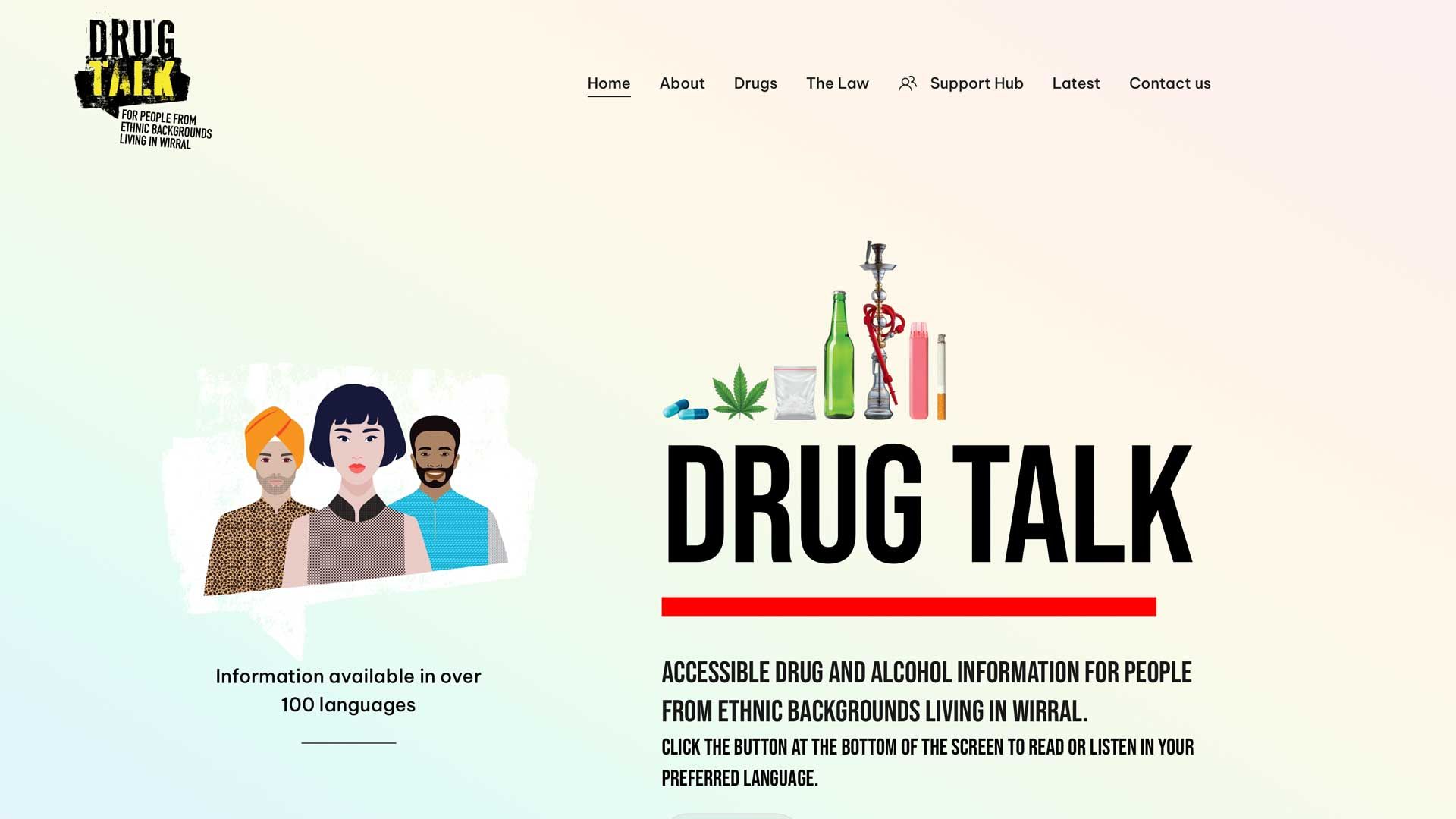New Study Challenges Health Benefits of Moderate Drinking
A new study suggests that the supposed health benefits of moderate drinking have been exaggerated due to flawed methodologies in previous studies.

A longstanding belief that moderate alcohol consumption might be beneficial for health is being challenged by recent research. This new study suggests that the supposed health benefits of moderate drinking have been exaggerated due to flawed methodologies in previous studies.
Canadian scientists analyzed 107 studies on alcohol consumption and lifespan. They discovered that many of these studies failed to account for individuals who had reduced or stopped drinking due to health issues. Consequently, these studies compared drinkers with non-drinkers, who were often less healthy, skewing the results in favour of alcohol consumption.
Dr. Tim Stockwell, a researcher at the Canadian Institute for Substance Use Research at the University of Victoria, stated, "It's been a propaganda coup for the alcohol industry to propose that moderate use of their product lengthens people's lives." He emphasized that this misconception has influenced national drinking guidelines and public health policies globally.
Published in the Journal of Studies on Alcohol and Drugs, the analysis highlights a significant issue: the group of non-drinkers often included sick individuals, which distorted the perceived health benefits of moderate drinking. "Estimates of the health benefits from alcohol have been exaggerated while its harms have been underestimated in most previous studies," Stockwell noted.
The analysis also reevaluated the commonly cited J-curve effect, which suggests that light drinkers have lower death rates. While initial data indicated that light to moderate drinkers had a 14% lower risk of dying compared to abstainers, this benefit disappeared in higher-quality studies that accurately categorized former drinkers and lifelong teetotalers.
The implications of these findings are substantial. Former UK Chief Medical Officer Dame Sally Davies has consistently argued that there is no safe level of alcohol consumption. Supporting Dame Sally Davies' view, a major 2018 study linked alcohol to 2.8 million deaths in 2016, identifying it as the leading risk factor for premature death and disability in 15- to 49-year-olds. Additionally, significant percentages of cancer deaths among those over 50 were associated with alcohol consumption.
Despite this evidence, current UK guidelines suggest adults limit their drinking to 14 units per week. However, the growing body of research indicates that even low levels of alcohol can be harmful. A 2019 study of over half a million Chinese men linked alcohol to more than 60 diseases, including liver cirrhosis, stroke, and various cancers.
Dr Iona Millwood from the University of Oxford, a co-author of the Chinese study, explained, "Studies of alcohol and health can be subject to biases, even when they are well-conducted. This is because drinking patterns tend to correlate with other factors, such as smoking and socioeconomic status, and people often change their drinking patterns in response to poor health. We are seeing increasing evidence that the apparent beneficial health effects of moderate drinking are unlikely to be causal."
These findings call for a reevaluation of how the health impacts of alcohol are studied and understood, advocating for more rigorous methodologies to provide more precise insights into the actual effects of alcohol consumption.





















